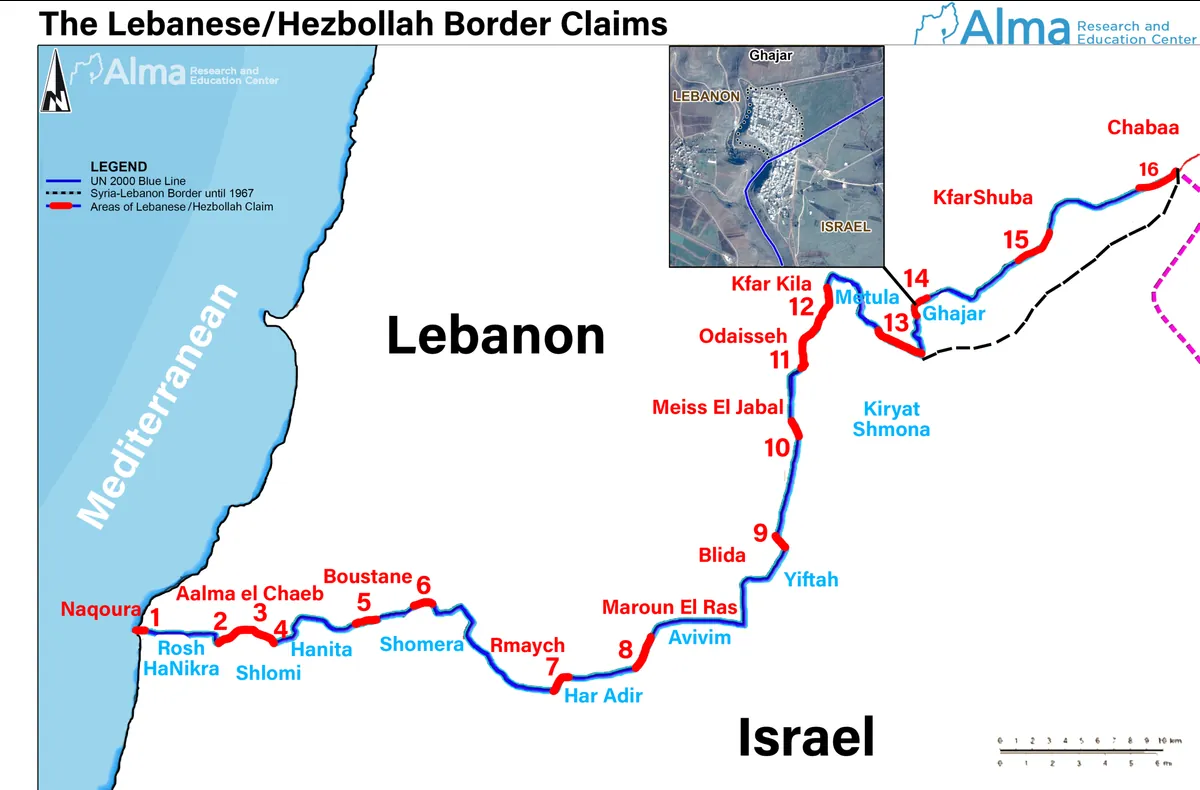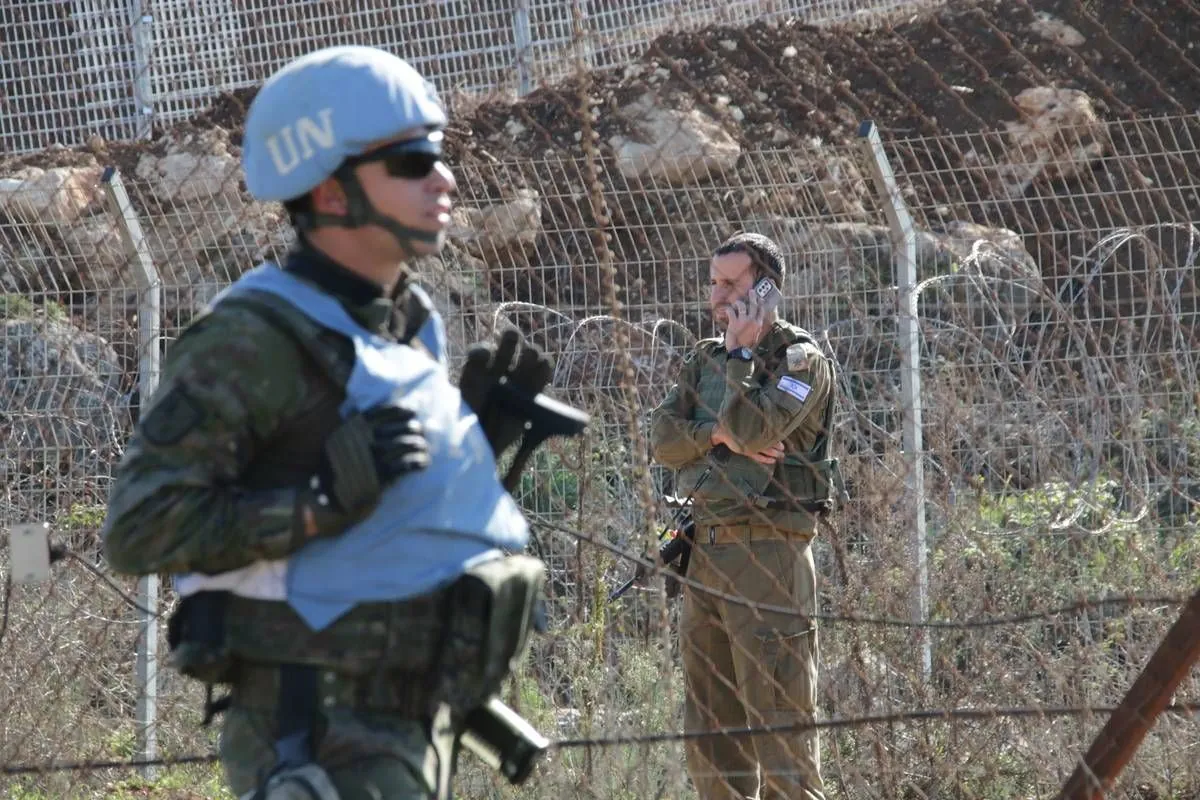Lebanon's PM Urges Ceasefire as Conflict Displaces 1.2 Million
Lebanon's caretaker PM Najib Mikati calls for an immediate ceasefire between Israel and Hezbollah, citing massive displacement. He proposes deploying 10,000 Lebanese troops in the south if peace is achieved.

In a recent online briefing, Najib Mikati, Lebanon's caretaker Prime Minister, made an urgent appeal for a ceasefire in the ongoing hostilities between Israel and Hezbollah. The conflict has resulted in the displacement of approximately 1.2 million people in Lebanon due to Israeli attacks.
Mikati emphasized the critical need to halt the fighting, stating, > "Stop fighting. We don't need more blood. We don't need more destruction. There is an immediate need for a ceasefire."
The Prime Minister's call for peace comes at a time when Lebanon is grappling with numerous challenges. The country, which gained independence from France in 1943, has a long history of conflicts with Israel since 1948. This latest escalation adds to the burden of a nation already facing a severe economic crisis that began in 2019 and is still recovering from the devastating Beirut port explosion in 2020.
Mikati proposed a diplomatic solution to the conflict, suggesting it would be beneficial for both Israel and Lebanon. He expressed confidence that all parties would respect such an agreement. As part of the peace plan, the caretaker premier outlined his intention to deploy 10,000 Lebanese army troops in the southern region if a ceasefire is achieved.
Lebanon's unique geographical layout, with its mountains and Mediterranean coastline, has made it vulnerable to the impacts of regional conflicts. The country, known for its ancient Phoenician heritage and symbolized by the cedar tree, has long been a melting pot of cultures and religions.

Despite its rich cultural heritage and being home to one of the best education systems in the Arab world, Lebanon has faced ongoing political instability. The country has been without a president since October 2022, adding to the complexity of its current situation.
The conflict's impact on Lebanon's population is particularly concerning given that the country already hosts a large number of Palestinian and Syrian refugees. Lebanon's economy, which heavily relies on remittances from its significant diaspora population worldwide, is likely to face further strain due to this crisis.
As Lebanon navigates these challenging times, the international community watches closely. The country's call for peace resonates with its long-standing tradition of press freedom and its vibrant cultural scene, especially in Beirut. However, the path to stability remains fraught with obstacles, as Lebanon continues to balance its internal challenges with external pressures in an ever-volatile region.


































